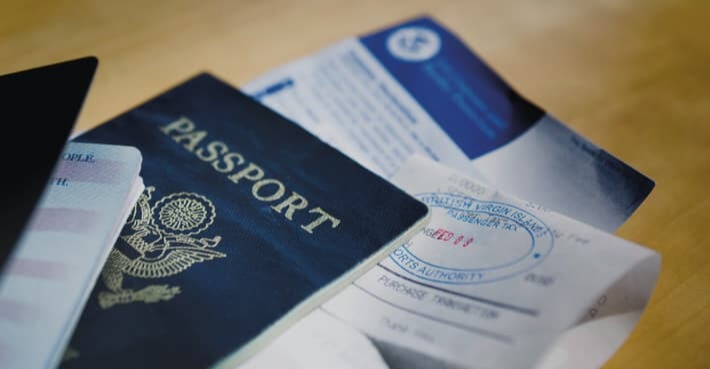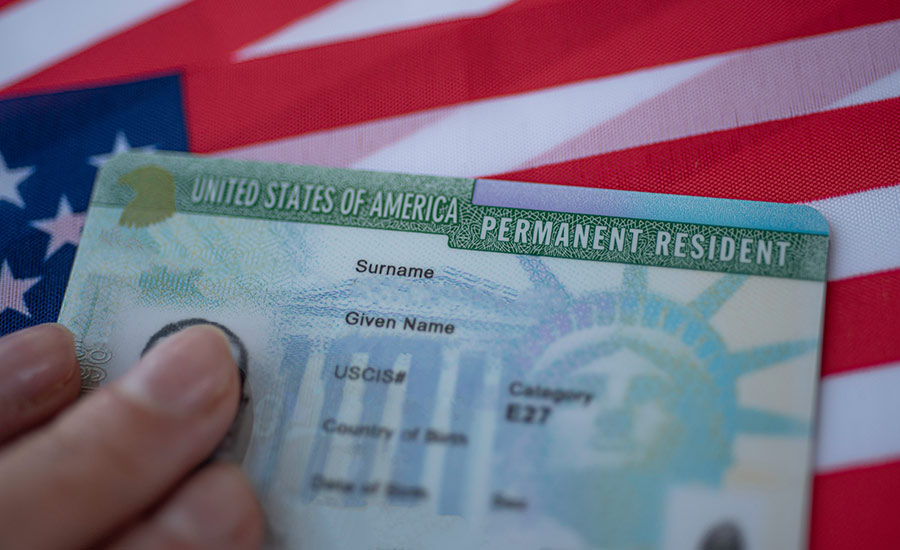

South Korea Pauses Historic $350 Billion U.S. Investment Amid Immigration Crackdown
In a stunning development that underscores the direct intersection between U.S. immigration enforcement and foreign investment strategy, South Korean President Lee Myung-bak has suspended a $350 billion investment package slated for the United States. This sweeping investment, intended to bolster the U.S. energy and semiconductor sectors, is now in limbo following an Immigration and Customs Enforcement (ICE) raid at a Hyundai plant in Georgia that resulted in the deportation of 470 South Korean nationals.
The investment pause, as reported by Reuters and Al Jazeera, marks a seismic shift in how immigration policy is influencing international economic relations.
The Raid That Sparked a Diplomatic and Economic Crisis
The ICE operation in Georgia targeted a Hyundai electric vehicle and battery production facility that had recently begun staffing up under a rapid expansion plan. According to federal authorities, many of the workers arrested were either undocumented or had valid visas that did not authorize employment in the roles they were performing.
While U.S. immigration law is clear on employment authorization, the consequences of this enforcement action have escalated far beyond a single workplace compliance issue. President Lee’s statement was unequivocal: “We cannot invest in a country that weaponizes immigration policy against our citizens.” South Korea is now demanding written guarantees from the U.S. government that such raids will not be repeated if their companies are to proceed with American investments.
Why This Conflict Matters: Immigration Policy Meets Economic Security
This case represents a pivotal moment in U.S. policy. The frozen investment would have supported critical sectors struggling under the weight of global tariffs, supply chain fragility, and semiconductor shortages. Ironically, the very industries prioritized in recent legislation, such as the CHIPS and Science Act, are the same sectors that now face uncertainty due to the fallout from strict immigration enforcement.
Historically, immigration enforcement and foreign direct investment (FDI) have operated in separate silos. Today, those silos have collapsed. Countries like South Korea, with robust industrial and technological infrastructure, now view immigration stability as a prerequisite for economic partnership with the U.S.
The Legal and Policy Dilemma: Enforcement or Investment?
This confrontation raises a difficult policy question: Should the U.S. government prioritize strict immigration enforcement even at the cost of losing strategic foreign investment? Or is there a middle ground that safeguards American laws while fostering economic cooperation?
Under U.S. law, employers are required to verify that all employees have legal authorization to work. Violations, even if unintentional, can result in civil or criminal penalties. However, from an international business perspective, such enforcement actions, especially those involving mass deportations of foreign nationals with otherwise valid documentation, can be perceived as hostile or disproportionate.
President Lee’s position is likely to resonate with other global investors who are closely watching how the U.S. balances legal compliance with economic pragmatism.
A Path Forward: Legal Solutions for Foreign Employers and Workers
At Spar & Bernstein, we believe that this conflict doesn’t have to be a zero-sum game. The solution lies in proactive legal planning and strategic immigration compliance for both individuals and corporations.
We assist companies—foreign and domestic—in navigating the complex web of employment-based visa categories, from H-1B and L-1A to E-2 investor visas. More importantly, we help ensure that workers and employers alike understand the limitations and responsibilities tied to each visa classification.
For example, a South Korean engineer entering the U.S. under a B-1 visa for temporary business purposes may not legally engage in hands-on technical work unless transferred or sponsored under a different classification. Misunderstandings like this can lead to devastating consequences—something we help prevent through careful legal review and employer education.
Why Immigration Stability is Essential for Economic Growth
What we are witnessing is a critical juncture for U.S. immigration law and its broader implications. This is not simply a labor law issue—it is a matter of national economic strategy. To attract and retain essential foreign capital, the U.S. must offer a legally secure and administratively predictable environment.
We are optimistic that the U.S. and South Korea can find common ground through diplomatic engagement and legal reforms that modernize visa categories to reflect the real-world demands of today’s global workforce.
How Spar & Bernstein Can Help
If you are a foreign business considering U.S. operations or an individual concerned about your visa status, Spar & Bernstein offers decades of experience at the intersection of immigration and business law. We help ensure your employment practices are compliant, your visa strategy is optimized, and your investment is protected.
Contact us today for a comprehensive consultation and let us help you turn immigration compliance into a strategic advantage—not a risk.




